Our team is looking to hire two postdocs to start in the autumn of 2020. The project is funded by a NERC Standard Grant, with the overall aim of examining how temperature and hypoxia affect fish social behaviour in the context of climate change, using a mix of laboratory work, field work, and modelling. The postdocs will work with Shaun Killen (PI, University of Glasgow), Colin Torney (University of Glasgow), Kiran Ramesh (University of Glasgow), and Christos Ioannou (University of Bristol). Both positions will be funded for at least 2 years with the possibility of extension. DEADLINE FOR APPLCATION IS AUGUST 16th.
Group living is key to foraging, predator-avoidance, migration, and reproduction in many animal species but has been mostly overlooked in the context of managing the consequences of environmental change. Recent studies by PI Killen have demonstrated that among-individual variation in energy metabolism and locomotor capacity are important to costs and benefits of group-living in fishes, and link behaviour of individual animals to group behaviour. Relationships between metabolism and social behaviour also suggest that temperature change and hypoxia – two consequences of climate change in aquatic environments – may have profound effects on group living. To date, work examining behavioural and physiological responses to climate change has focussed on isolated animals, without inquiry into how effects at the individual level may affect social behaviour. Conversely, how social dynamics feedback to influence phenotypes and responses to environmental change is also unknown. To address these issues, the proposed project will: (1) examine how temperature and hypoxia affect interplay between behaviour of individual animals and their social group; (2) investigate how temperature and hypoxia influence group formation and functioning; and (3) produce a robust movement model of group behaviour that can be applied to a range of environmental conditions and ecological contexts. By adopting innovative empirical and theoretical approaches and combining behaviour and physiology in the lab and field, this project will be the first to examine how thermal shifts and hypoxia brought on by climate change will affect social behaviour.
One postdoc will focus on the design and implementation of field work with fish and analysing the resulting data. The post holder will play an especially large role in managing an acoustic array for tracking the habitat preference and movements of wild fish and their behavioural responses to variation in temperature and hypoxia. For more info and to apply, click here.
The other postdoc will be more involved with lab-based behavioural and physiological experiments experiments with fish and analysing the resulting data. This person will play an especially large role in using experimental results to inform a theoretical model of how collective behaviour changes in response to temperature and hypoxia. For more info and to apply, click here.
Both post-docs will have the opportunity to collaborate on all projects.
Please get in touch for more information!

